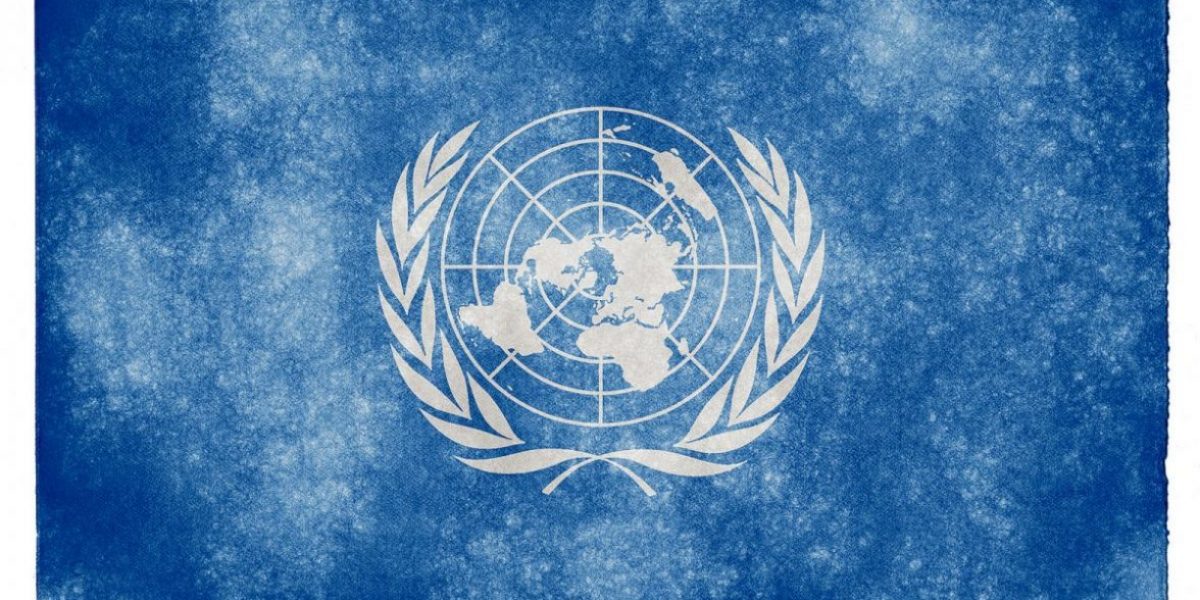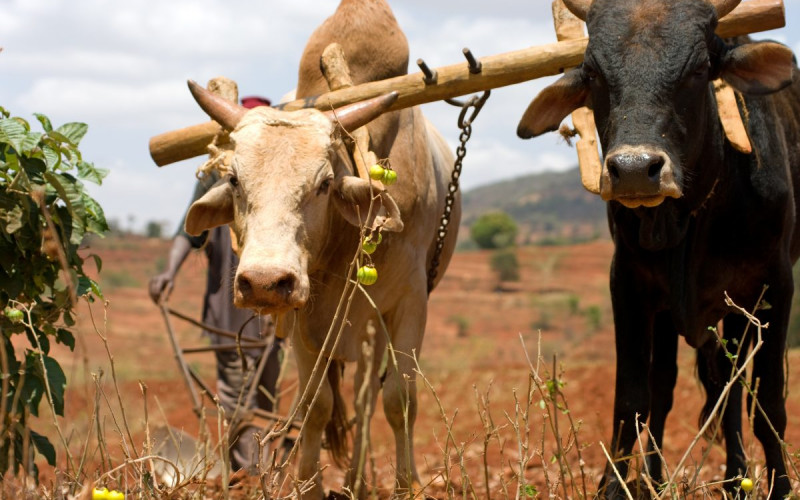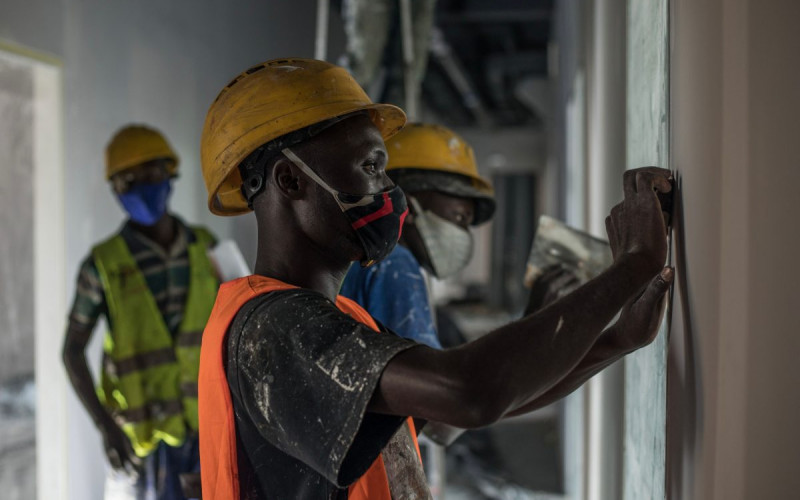Each wins a few headlines, but none in the last half century brought fundamental change. However, two new entries hope to break the pattern: the UK Commission for Africa and a plan by the United Nations to achieve the Millennium Development Goals (MDGs). Both reports argue that at its present pace, Africa will not meet the MDGs for more than 100 years. They propose to double aid, forgive debt, reform inefficient aid practices, end farm subsidies and stop the First World involvement in African corruption and money laundering.
But there are two major challenges. The first involves political savvy and salesmanship. When the UN meets to review MDG progress in September, Africa must persuade rich nations to match their rhetoric with real commitments. Africa cannot rely on the UK or the tired formula of speechmaking at UN conferences. Africa must take tangible suggestions directly to legislators in French, German, Japanese, UK and US parliaments, where the budgets and rules for aid, trade and debt relief are determined.
The second challenge is Africa’s capacity to utilise aid honestly and effectively. Just as oil revenue often induces corruption, massive new aid can worsen the situation in countries with already poor governance. The New Partnership for Africa’s Development and the African Peer Review intend to improve governance, but major donor concessions seem unlikely without far more tangible commitments to ensure that new funds will be managed well.
This issue of eAfrica examines the recommendations and problems with the UN and UK reports. Next month, we look at problems with aid administration at the coalface.








